NATALIE Cole, the Grammy Award-winning singer whose top-selling albums preserved the musical legacy of her father, Nat King Cole, and established her as a powerful musical talent in her own right.
Billed at one time as Natalie “Queen” Cole, Cole found her earliest musical mentor in her father, the one-time jazz pianist who became one of the best-known singers of the 1940s, ‘50s and ‘60s. She was attending boarding school in Massachusetts when he died of lung cancer in 1965.
The following decade, Cole launched her career, making her professional recording debut in 1975 with the album Inseparable. She claimed the Grammy Award for best new artist, and her song ‘This Will Be (An Everlasting Love)’ — heard years later in commercials for eHarmony, the dating website — won for best R&B vocal performance by a female singer.
The awards were the first in what would be a string of Grammys for Cole over the next three decades.
Her music was marked by its versatility, combining the influences of rock, jazz and soul. In the early 1990s, after emerging from what she described as a painful and destructive drug addiction, Cole turned to the pop standards favoured by her father and produced the biggest hit of her career, the album Unforgettable: With Love (1991).
The recording featured many of Nat King Cole’s most famous songs, including ‘Mona Lisa’, ‘Too Young’, ‘Route 66’ and ‘Unforgettable’, in which Cole’s voice was spliced with her father’s to make a poignant posthumous duet.
“Unforgettable,” the elder singer croons, his voice drawn from a decades-old recording. “That’s what you are.”
“Unforgettable,” his daughter responds in the modern-day studio. “Though near or far.”
Their voices merged in a verse later in the song, the accompaniment for an uncounted number of wedding dances over the years.
“That’s why, darling, it’s incredible That someone so unforgettable Thinks that I am Unforgettable too.”
A runaway success, the album sold millions of copies and dominated the Grammys, winning awards including album and record of the year.
“I didn’t shed really any real tears until the album was over,” Cole told the Associated Press. “Then I cried a whole lot. When we started the project, it was a way of reconnecting with my dad. Then when we did the last song, I had to say goodbye again.”
The album brought her far from the early years of her career when she shied away from her father’s style of music, writing in a memoir that she “never wanted to sing like him, sound like him, or do his music. After a while, it became kind of an obsession not to do it, to do anything but, just because that’s what everybody wanted to hear.”
Ms Cole received Grammy Awards in 1993 for Take a Look and in 1996 for ‘When I Fall in Love’, another posthumous duet with her father. Her final Grammy Award came in 2008 for Still Unforgettable, selected as the best traditional pop vocal album.
Reviewing her work in The New York Times, the critic Stephen Holden described her as “a polished pop-jazz stylist of conservative temperament who is a hybrid of her father, Ella Fitzgerald and the young Aretha Franklin”.
“As a singer,” he wrote, “she has accomplished exactly the kind of fusion her father might have achieved had he been a little younger and lived a little longer.”
Cole recalled her father as “sweet, kind, and good-hearted” but frequently absent because of his performing career. He introduced his children to performers including Fitzgerald and Frank Sinatra, known to the kids as Auntie Ella and Uncle Frank.
“We had no idea of the magnitude of the personalities around us,” she wrote in her memoir, Angel on My Shoulder (2000).
Cole learned to sing using a tape recorder, a gift from her father. When he heard her sing a Fitzgerald number, he was said to have exclaimed, “By gosh, you’ve got it!” Cole said she learned R&B on her own — her father “didn’t like that kind of stuff”, she once told The Washington Post in an interview.
She received a bachelor’s degree in child psychology from the University of Massachusetts at Amherst in 1972, but many of her early jobs were in music. She started out singing in clubs where, on at least one occasion, she was advertised on the marquee as her father’s daughter.
But her own talent also was quickly recognised, and she gradually progressed to more prestigious engagements. In 1974, Cole was signed to Capitol Records, her father’s recording label. After the success of Inseparable, she collected a 1976 Grammy for the song ‘Sophisticated Lady (She’s a Different Lady)’.
At the same time, she lived a tumultuous personal life, with arrests, she wrote in her memoir, for offences including drug possession, counterfeiting checks and shoplifting.
“I lived a schizophrenic existence,” she wrote, “felon by day, singer by night.”
Cole said that as her success increased, her drug problem worsened. While undergoing rehabilitation, she said that she confronted her grief over the loss of her father. In time, she rebounded, releasing the albums Dangerous (1985), Everlasting (1987) and Good to Be Back (1989) before Unforgettable: With Love. Her most recent album was Natalie Cole En Español (2013).
Cole appeared on television, including on holiday specials, Christmas programmes, and on shows including Grey’s Anatomy and Law & Order: Special Victims Unit.
Besides her earlier memoir, her books included Love Brought Me Back: A Journey of Loss and Gain (2010), written with David Ritz, an account of her renal disease and wait for an organ donor.
Cole said that she regarded the songs on Unforgettable: With Love as “a gift from my father”.
“The best gift,” she told Jet magazine in 1992. “In a way, I’m finally free.”
By arrangement with The Washington Post
Published in Dawn, January 3rd, 2016


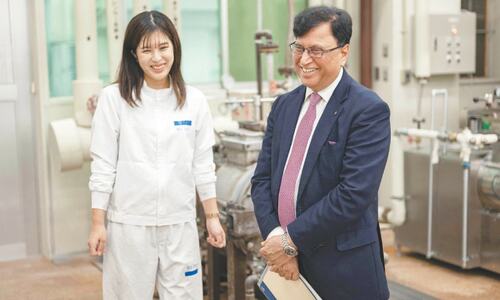
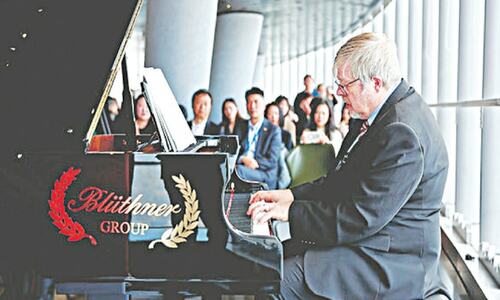
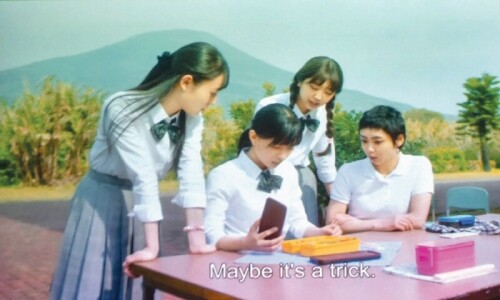












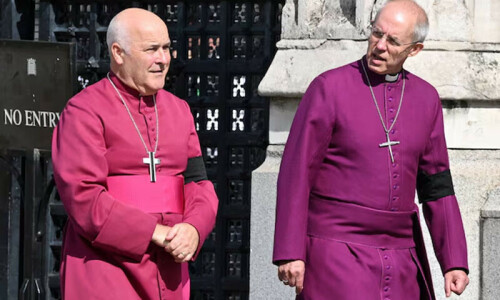


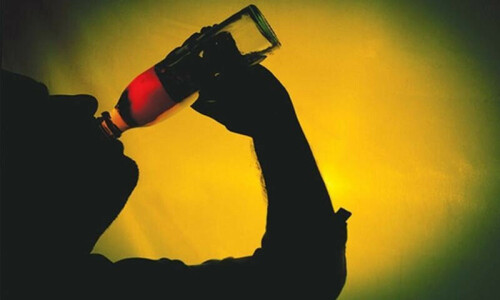
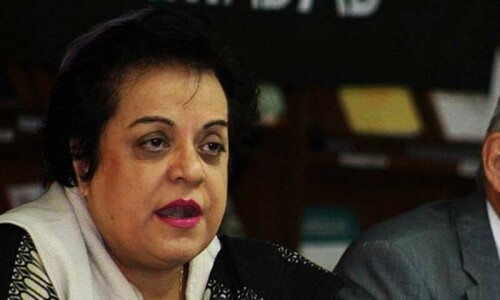


























Dear visitor, the comments section is undergoing an overhaul and will return soon.